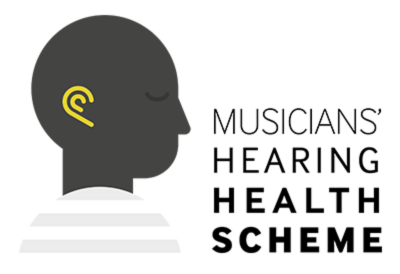
Noise-induced hearing loss through music is prevalent, as highlighted by this recent article on famous musicians with hearing loss.
The Musicians’ Hearing Health Scheme aims to support and educate musicians nationwide, safeguarding their hearing health. Founded by Musicians’ Hearing Services, in collaboration with Help Musicians UK (HMUK), the Musicians’ Union (MU), and the Incorporated Society of Musicians (ISM), it’s committed to making a difference in the lives of musicians everywhere.
It’s been eight years since the launch of the scheme, and so I thought now was a good time to reflect on some of the remarkable work we’ve done so far.
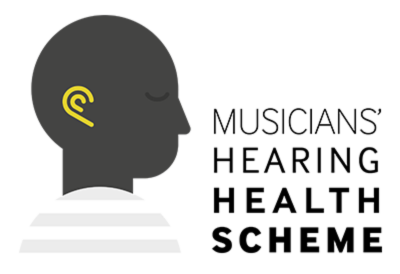
What we’ve achieved so far
In just eight years, the scheme has helped over 18,500 musicians across the UK, from guitarists and drummers to DJs and singers.
Here’s an insight into what the Musicians’ Hearing Health Scheme offers:
Comprehensive hearing assessments tailored specifically for musicians
Conducted by our expert audiologists at Harley Street Hearing and Musicians Hearing Services, these assessments are designed to detect early signs of hearing damage and provide personalised recommendations for protection and preservation.
Heavily subsidised hearing protection
The scheme is committed to ensuring that cost isn’t a barrier to safeguarding the hearing of musicians, recognising the financial restraints they may face. Through our partnership with industry-leading manufacturers, we offer top-quality earplugs and custom-made ear moulds at accessible rates, empowering musicians to protect their most precious asset: their hearing.
Education & raising awareness
Education lies at the core of our initiative. We are dedicated to raising awareness about the dangers of noise-induced hearing loss and empowering musicians with the knowledge they need to make informed choices about their hearing health. Workshops, seminars, and online resources serve as invaluable tools in this endeavour, equipping musicians with practical strategies for mitigating risk and promoting long-term auditory wellness.
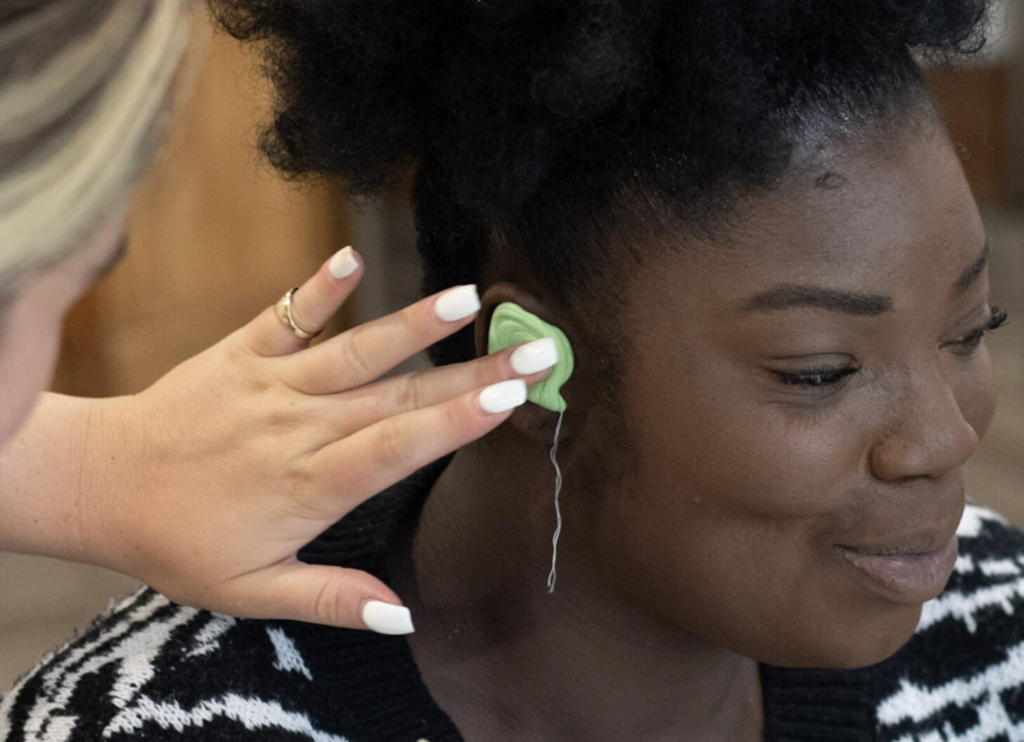
The importance of the scheme
The dangers of excessive noise exposure have been highlighted in recent news articles where renowned musicians such as Dave Grohl have shared their battles with hearing loss and tinnitus, serving as a reminder that no musicians are exempt from poor hearing health.
Reflecting on our achievements so far, we find inspiration in the profound impact of the Musicians’ Hearing Health Scheme. Behind the statistics, we have helped to safeguard the careers of countless numbers of musicians, preserving their passions and securing their futures. We couldn’t have done this without the unwavering dedication of our team and the support of our partners.
Thank you for your support
Our journey continues, and we remain steadfast in our commitment to championing the hearing health of musicians nationwide. Together, we can ensure that future generations of musicians continue to share their gifts with the world, unencumbered by the looming threat of hearing loss.
In closing, I extend my deepest gratitude to all those who have contributed to the success of the Musicians’ Hearing Health Scheme. Your support, dedication, and advocacy are the driving forces behind our mission, and it is through our collective efforts we will continue to make a meaningful difference in the lives of musicians everywhere.
Matthew Allsop, Harley Street Hearing and Musicians’ Hearing Services
Enjoy this article? You might be interested in some of our others:
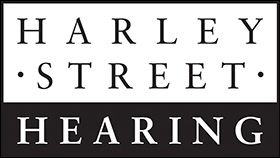
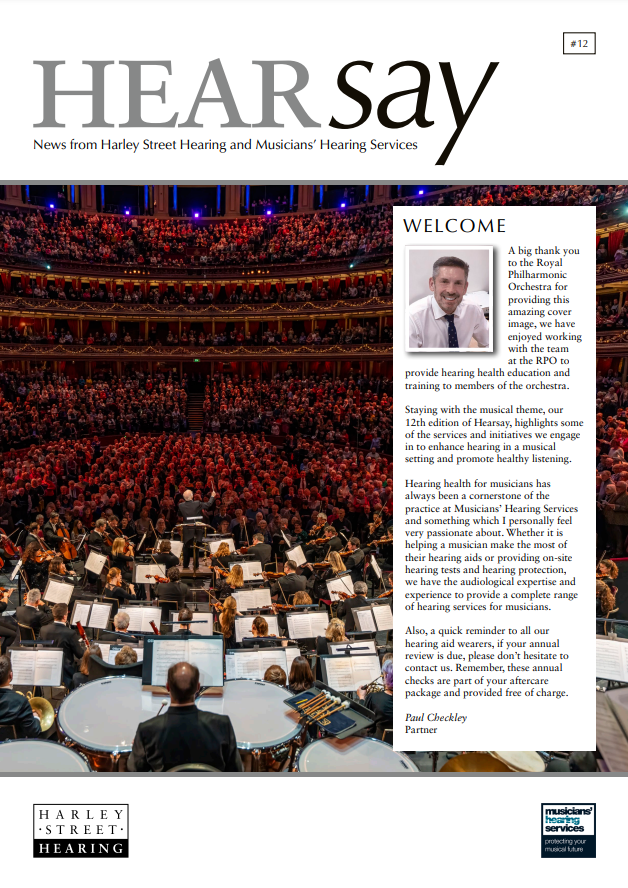
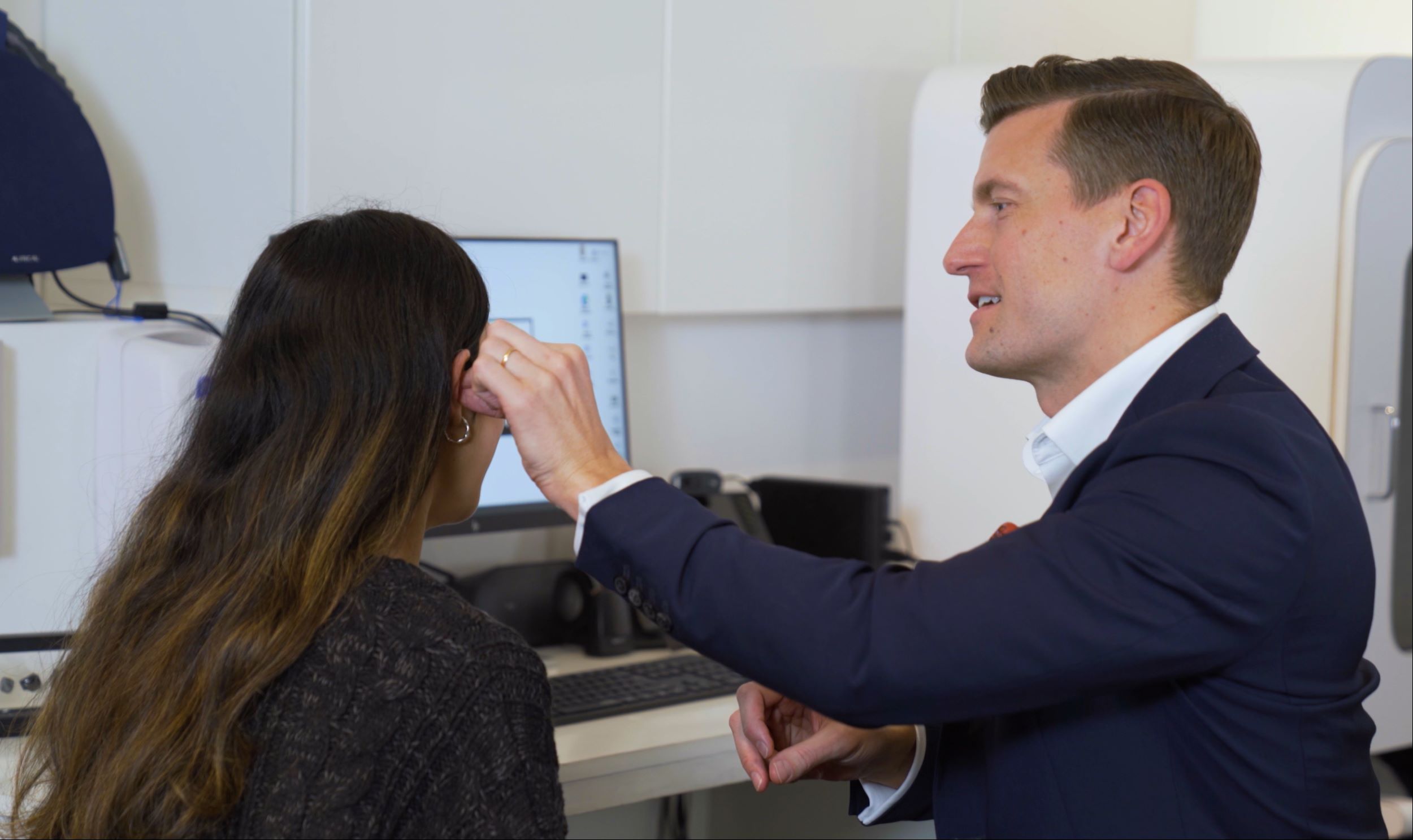
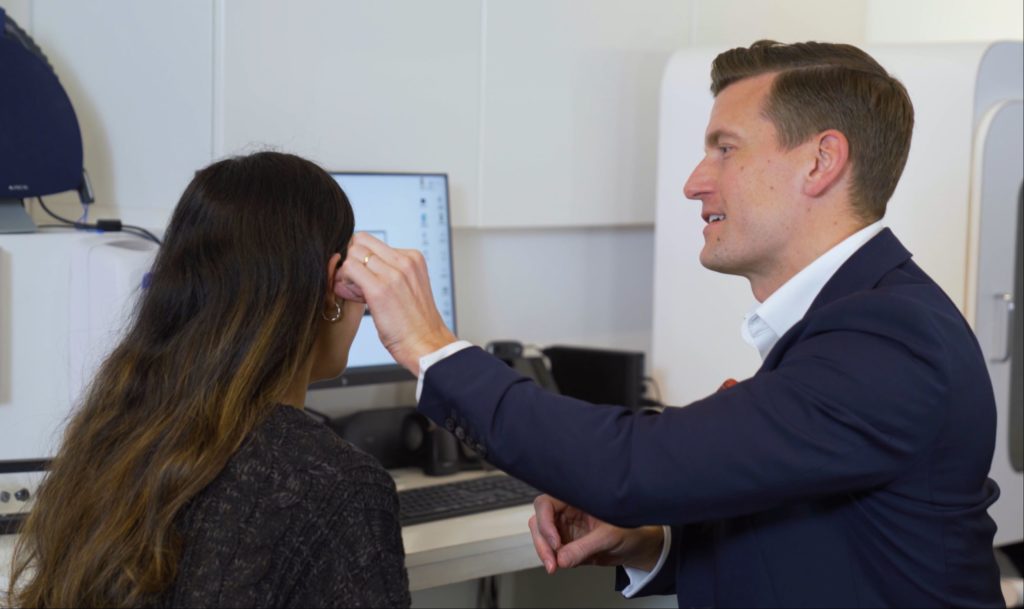

 A few months ago, Allsop began his crusade to enlighten skydivers about the dangerously high noise levels they encounter during their thrilling descents. The
A few months ago, Allsop began his crusade to enlighten skydivers about the dangerously high noise levels they encounter during their thrilling descents. The 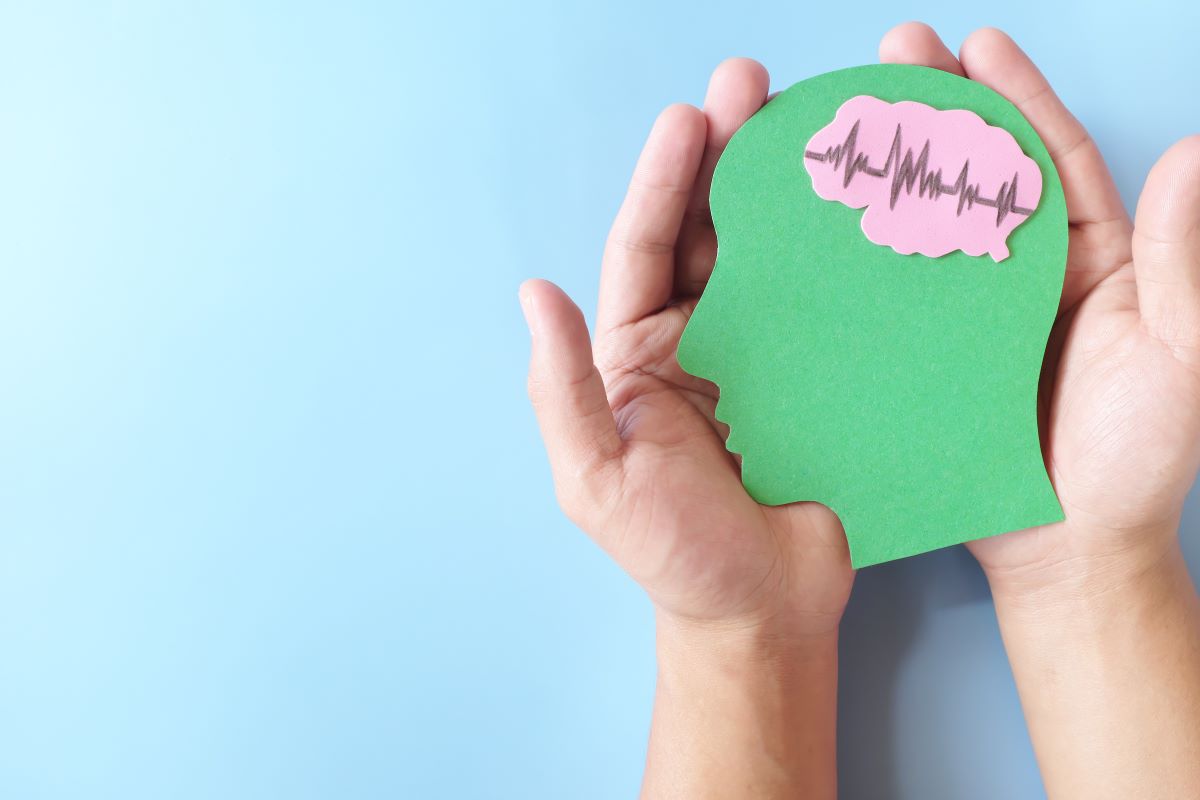
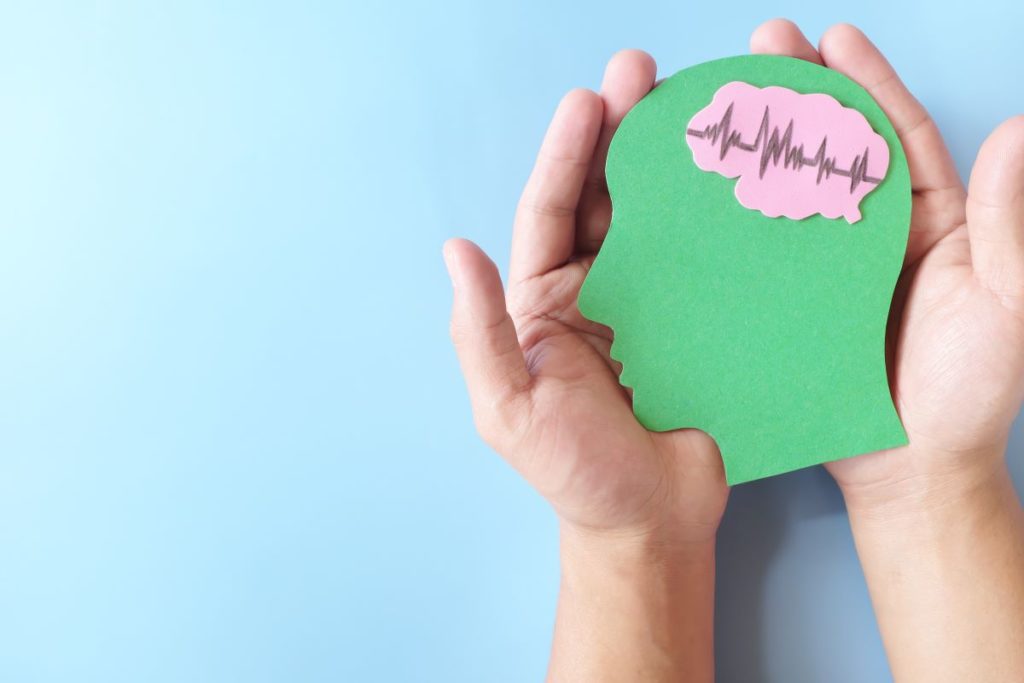
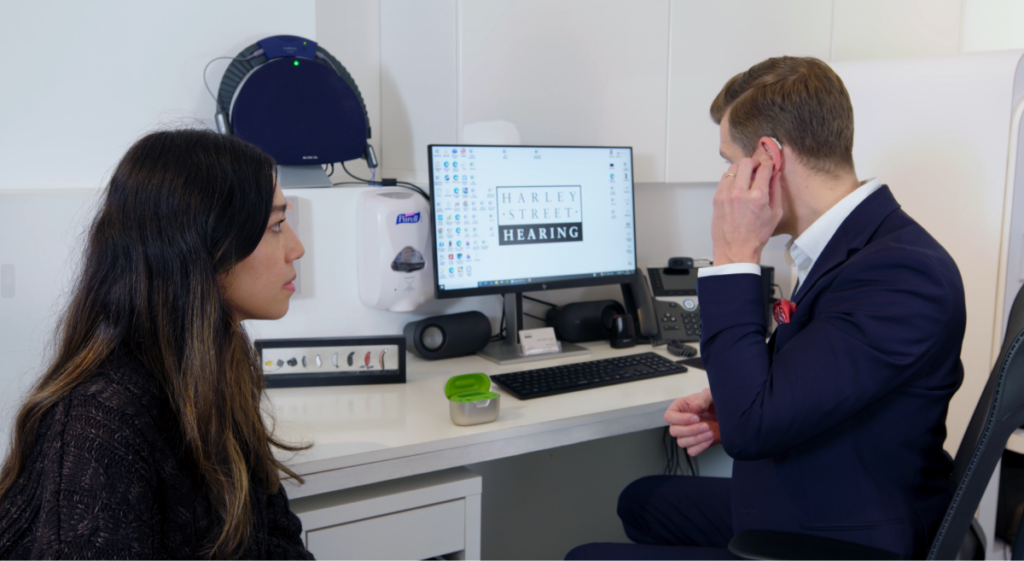
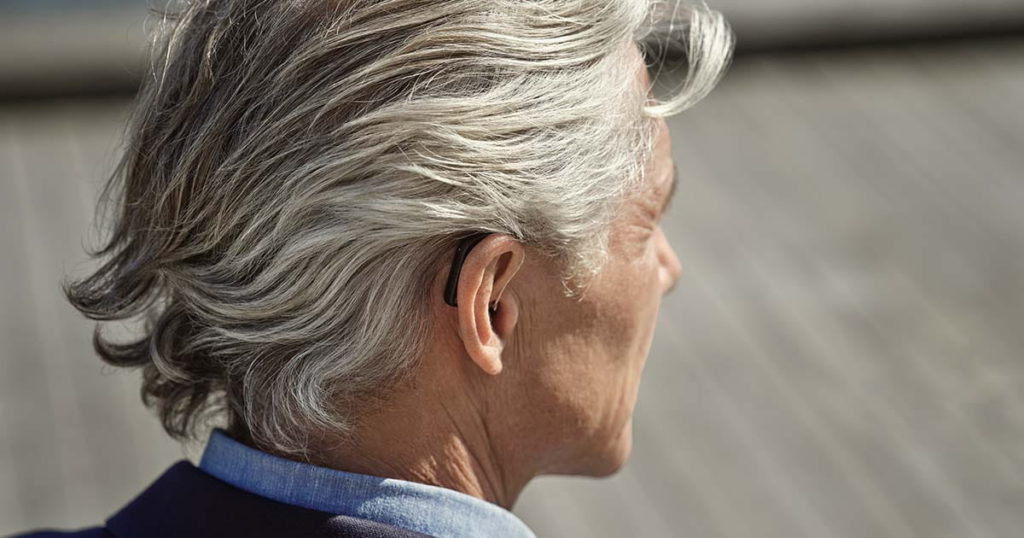







Recent Comments